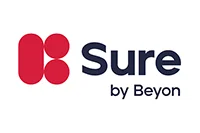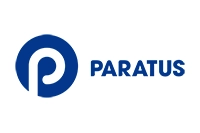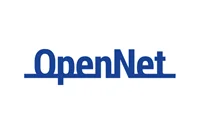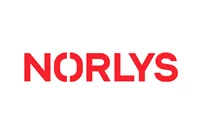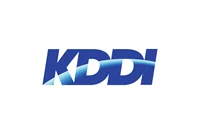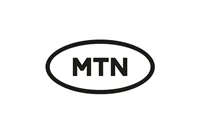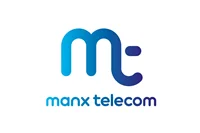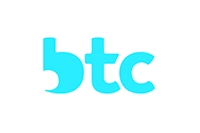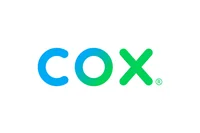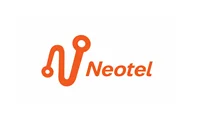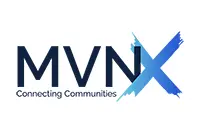Mediator Plus is built on a modern state-of-the-art technical architecture. One single convergent platform allows for configuration and execution of any online (real-time) mediation tasks combined with any offline (batch) mediation. The system architecture supports bi-directional communication and can be deployed to integrate network elements and support systems for real-time exchange of session control and usage data. This makes Mediator Plus an ideal platform for real-time request/response integration scenarios commonly seen in prepaid environments and content charging.
Cerillion Mediator Plus is a convergent mediation solution for all types of usage including fixed, mobile, IP, content and transactional systems.
The new generation of telecom services poses many challenges for existing operators and new entrants alike. The multitude of services and the complex network environment combine to place a tremendous burden on the business support systems infrastructure required to price and bill for usage. The mix of IP-based networks and legacy circuit-switched environments plus many new overlaid applications and the rapidly increasing record volumes means that a new breed of specialist mediation system is required to support the complex online and offline charging requirements. Mediation has changed from being merely a collection and re-formatting engine, and has been replaced by more sophisticated needs to correlate usage from multiple sources, in real-time, and ensure all possible usage is turned into billable events.
Cerillion Mediator Plus is a convergent mediation system that provides all the tools needed to turn new service technology into new revenue opportunity in the IP world, including: collection, correlation, duplicate checking, validation, transformation, filtering, distribution, and auditing. It allows a wide range of offline and online deployment scenarios, and the system will grow and evolve in support of network expansion and new application rollouts. Mediator Plus supports a large number of interface protocols off-the-shelf, including: FTP, SFTP, FTAM, TCP/IP, HTTPD, SNMP, Radius, Diameter, SMTP, GTP′ and Web-Services; as well as leading format specification languages such as ASN.1 and XML.

Key Benefits of Cerillion Mediator Plus
Improve time-to-market
Launch new services quickly through configuration, not customisation.
Convergent services
Solve complex data integration challenges with any combination of online and offline processing.
Revenue-enable new services
Use data correlation and enrichment to create new revenue opportunities.

Operational efficiency
Easily test new mediation workflows and then publish to your production environment.

Scalable and robust
Based on an open architecture, Mediator Plus is proven to scale and grow with business demands.

Flexible deployment options
Can be deployed on any Unix / Linux environment to take advantage of the latest low cost and virtualised platforms.
Key Features of Cerillion Mediator Plus
Online and offline mediation
Intuitive user interface
Mediator Plus provides a sophisticated online GUI for managing all system configurations. It is based on a flexible workflow concept, by which operator specific mediation processes and business rules can be modelled, configured, deployed, and maintained through an intuitive graphical user interface.
Upstream and downstream integration
Integration with external systems for data exchange (e.g. network elements, billing systems, etc) is achieved using interface agents, which implement the protocols to be used when communicating with other systems. Mediator Plus supports a large number of protocols off-the-shelf, both for interfacing as well as for secure and consistent operation. Supported protocols include: FTP, SFTP, FTAM, TCP/IP, HTTPD, SNMP, Radius, SMTP, GTP′, SCP, Diameter and Web-Services, as well as proprietary protocols from all leading network equipment vendors.
The modular design of Mediator Plus enables rapid addition of vendor-specific or new industry standard protocols, complementing off-the-shelf agents available in each product release.
Flexible record formatting
Mediator Plus has built-in support for leading format specification languages such as ASN.1 and XML. It provides configuration support for any type of data described in these languages (e.g. GSM, GPRS, TAP/RAP), enabling user-controlled format management through configuration, as opposed to vendor-controlled coding.
Other formats not adhering to a formal specification language are supported through a proprietary specification language (UFDL) by which formatting support for virtually any type of fixed, tagged, or variable length formats (e.g. AMA) may be configured in a similar manner.
Rules-based processing
Mediator Plus uses a core set of functional agents to provide comprehensive processing capabilities. A powerful just-in-time compiled scripting language enables the user to specify the behaviour of these agents and what type of processing is to be performed. Using these agents all core mediation functions can be performed, including analysis, filtering, cloning, splitting, routing, normalisation, correlation and aggregation, de-duplication (on individual record as well as batch/file level), validation, enrichment, and more. Through the use of this scripting language, the standard agents can be configured to support operator-specific business logic without the need for customisation of the standard product.
Standards compliance
SOA – A Service Oriented Architecture is adopted to enable seamless communication between business systems. Mediator Plus provides complete and flexible support for Web-Services, ensuring a smooth SOA migration path for legacy systems.
IMS – Mediator Plus is fully compliant with the latest IP Multimedia Subsystem standards, providing configuration support for any Diameter standard including all variations of Rf and Ro.
High availability deployment
Mediator Plus is built for carrier-grade operation supporting real-time N+1 high-availability configurations. For batch-oriented processing the system includes the ability to have redundant workflow processing servers – if a specific server fails, workflows deployed on that server are automatically re-directed to another available server. Full transactional integrity enables workflows to resume execution on the new server at the last recorded transaction point. For real-time processing, Mediator Plus provides an active/hot-standby configuration including automatic failover to a standby node in the case of active node failure.
Cost effective performance
Mediator Plus is designed from the outset to support carrier-grade, high-performance, hardware-independent deployments. Functionality in any of the access, control, and execution layers may be distributed over any number of servers, or be deployed on one single server, according to the performance and system availability requirements. In this way Mediator Plus’s flexible architecture enables deployment of right-sized and cost-effective mediation solutions for optimal hardware utilisation.
Audit trail and reporting
Mediator Plus supports revenue assurance initiatives by maintaining a detailed audit trail of all records processed through the system. Statistics are stored and standard reports can be produced to summarise record flows at each stage in the mediation process, ensuring no records or files are lost. Mediator Plus is equipped with a Business Objects “universe”, enabling flexible reporting through the industry standard reporting tool.
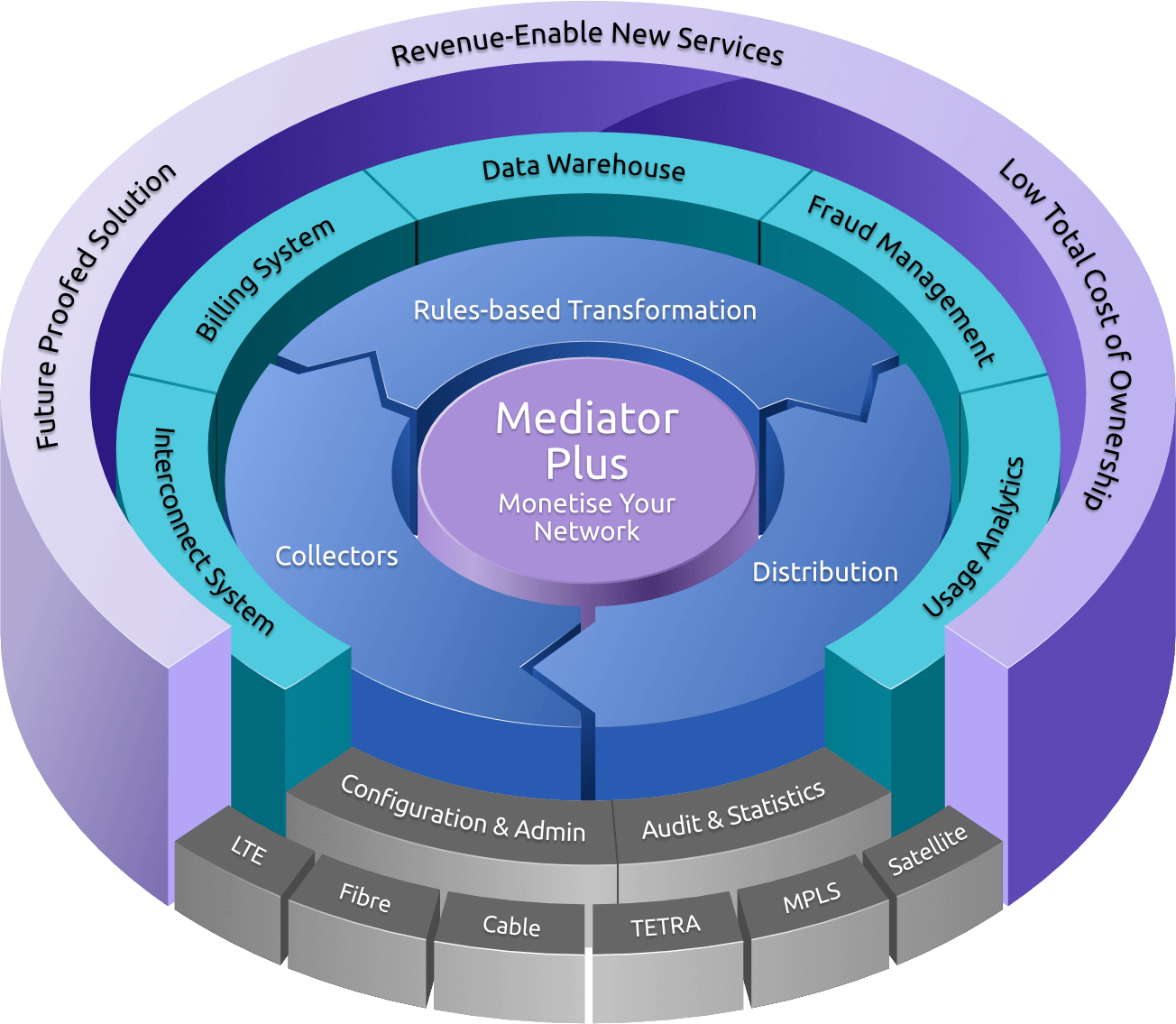
Trusted by leading CSPs worldwide
Discover our product suite
Our pre-integrated BSS/OSS suite is available for modular and end-to-end solution delivery



